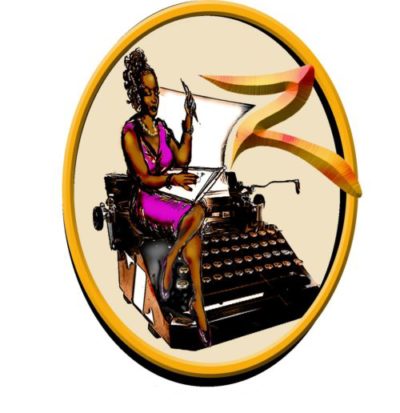By Zakeia Tyson-Cross
Harry Belafonte, renowned entertainer and activist, was interviewed at the Locarno Film Festival a few years ago. The highly lauded artist ignited a firestorm of public comments when his response to the question, “Are you happy with the image of members of minorities in Hollywood today?” was to call out celebrities like Jay-Z for not being socially responsible enough. Jay-Z returned fire with derogatory epithets on a music track called “Nickels and Dimes,” which he followed up with a slew of boastful comments in an interview with Rap Radar’s Elliot Wilson. I found Jay Z’s response to be utterly detestable and hurtful since I would never treat any of my elders with such disrespect, whether or not I agreed with his opinion of me.
Both men share the blame for this sad episode. One can respectfully agree to disagree with someone else’s point of view. Their individual perceptions of respect appear to be disconnected, perhaps as a reflection of changing societal norms as opposed to the traditional definition of respect.
Oprah Winfrey recently gave an exclusive interview with People magazine on her current and much-talked about film Selma. With regard to the nationwide protests for justice for the late Eric Garner and Michael Brown, Oprah said, “What I’m looking for is some kind of leadership to come out of this to say, ‘This is what we want. This is what has to change, and these are the steps that we need to take to make these changes, and this is what we’re willing to do to get it.’” Supporters of the protest took to social media and took issue with Oprah’s comments, calling her stance “old school” and irrelevant to the current racial climate. Both examples demonstrate generational fault lines and how intentions can be misconstrued.
How do we bridge this gap? What can the older and younger generations learn from each other in the search for social justice in our country? Both groups must come to the table humbly, openly, and a real desire to continue evolving individually and as a community.
My next installment features an interview with my great aunt and will focus on how various segments of the Black community dealt with each other in her day.
Original site: BK Nation


